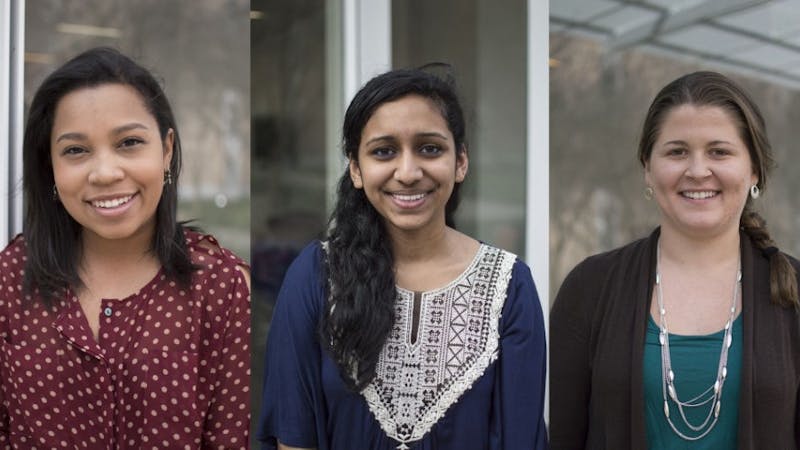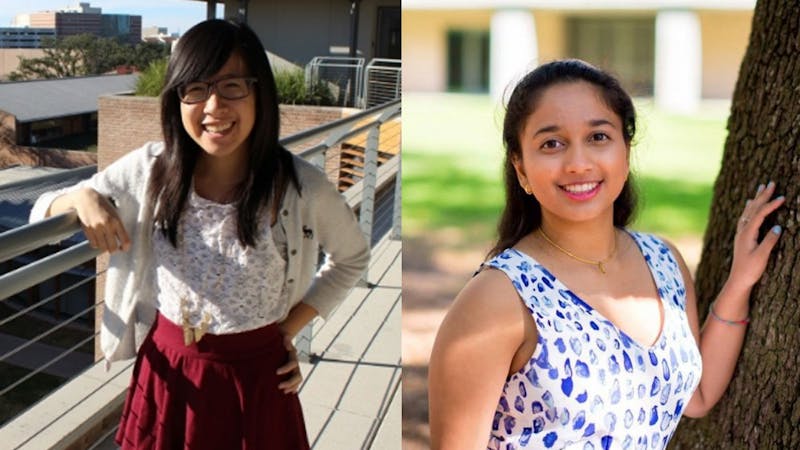RAFSI to develop junior and sophomore class gift program
Mengjia LiuThresher StaffThe Rice Annual Fund Student Initiative has launched sophomore and junior class gifts for the upcoming fall in addition to the pre-existing senior class gift.According to Sean Cowan, associate director of the Rice Annual Fund, the new class giving projects will function similar to the senior class gift. “They will run concurrently each fall, led by volunteers,” Cowan said. “We envision volunteers from all three classes working together in colleges, educating their classmates about the importance of philanthropy and facilitating participation.”Cowan said the undergraduate class gifts were not created in previous years because RAFSI wanted to ensure significant participation in the giving project before expanding the program. However, with increased student interest in recent years, the RAF staff, volunteers and campus partners decided to establish class gifts for underclassmen and encourage students to participate in philanthropy earlier on in their college careers.“People often do not realize until graduation that every class of alumni has Annual Fund volunteers who lead class giving projects each year,” Cowan said. “When students learn about these programs and opportunities while on campus, they become more informed and effective alumni volunteers and philanthropists.”According to Cowan, student contributions to the RAF have a lasting impact on Rice’s future, regardless of gift amount. “Every gift is important to Rice University as smaller gifts add up to make a real impact,” Cowan said. “For example, this year alone, hundreds of members of the Class of 2015 collectively contributed nearly $10,000. That's a remarkable demonstration of their passion for Rice.”Cowan said the RAF also created The Parliament, a new giving society that acknowledges loyal supporters, to encourage juniors and sophomores to donate.“The Parliament recognizes those in the Rice community who make gifts [for] the university each and every year,” Cowan said. “To be inducted, you simply give for three years in a row and then continue to give yearly to stay in the society.”According to Cowan, a freshman class gift has not been created so new students may gain a deeper understanding of the university before giving back, although they can give through Jar Wars and National Philanthropy Week.“Freshmen should experience Rice's unique culture and traditions so they truly appreciate what their future gifts will support,” Cowan said. Nick Thorpe, a fall 2014 Senior Gift Campaign volunteer, said he believes student contributors are crucial to the functioning of the RAF.“These students eventually become lifelong donors and once again give back to the university where they received a quality education,” Thorpe, a Lovett College senior, said.Carmella DeSerto, a class gift representative, said she supports the expansion.“These gifts give students a chance to give back, especially when they are students like myself who benefit from the charity of the university in financial aid,” DeSerto, a Jones College sophomore, said. “I feel it is my duty to pay it forward.”Rachel Bowyer, a Hanszen College freshman, said juniors and sophomores should not be expected to give.“It is very unrealistic to expect sophomores and juniors to donate because their own financial situations are not yet stable,” Bowyer said. “They will lack motivation to give because they have not completed their college experience yet. They are the ones who should still be receiving the benefits from the funds.”




